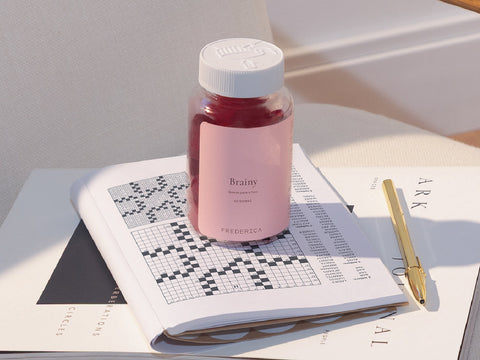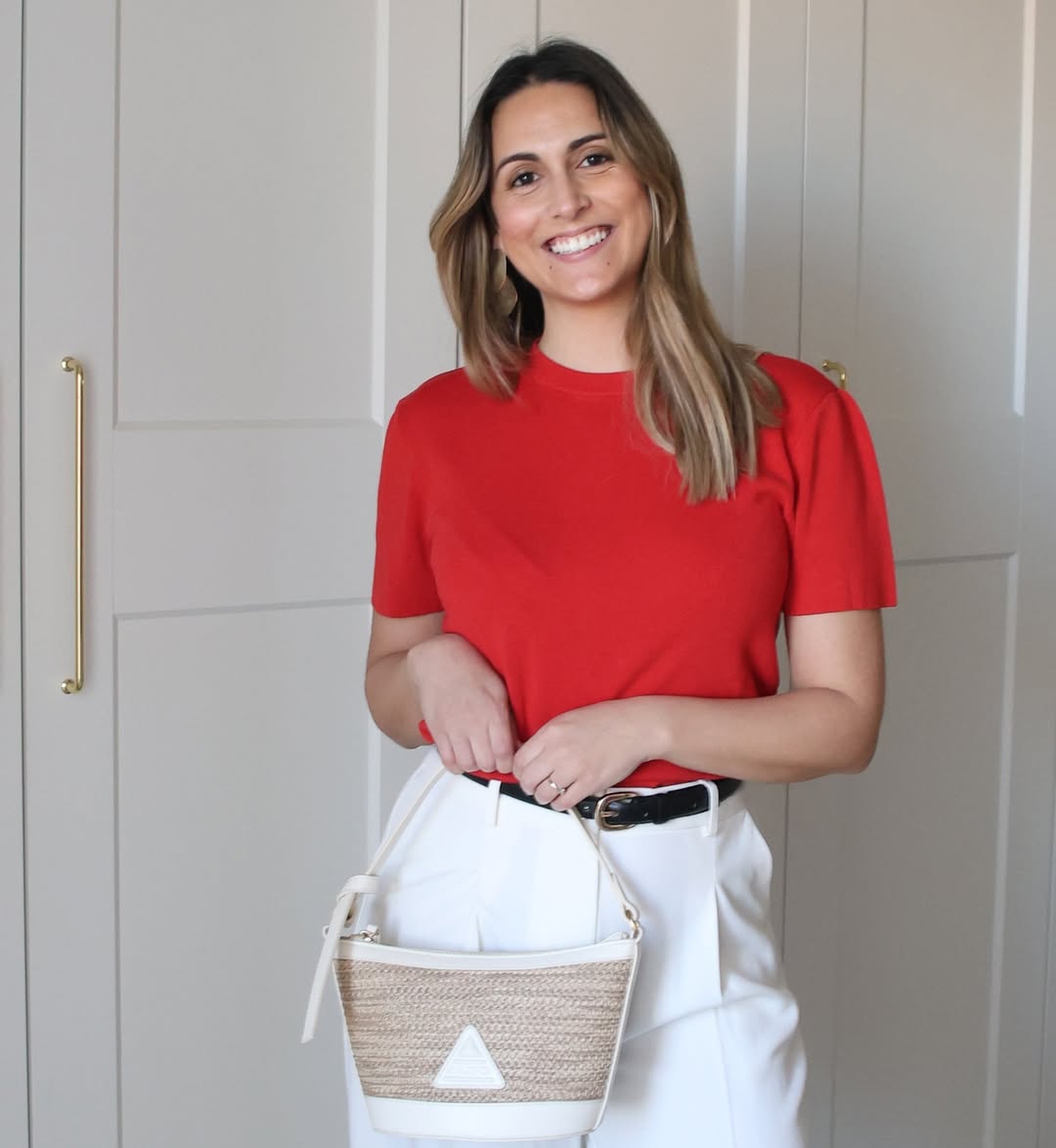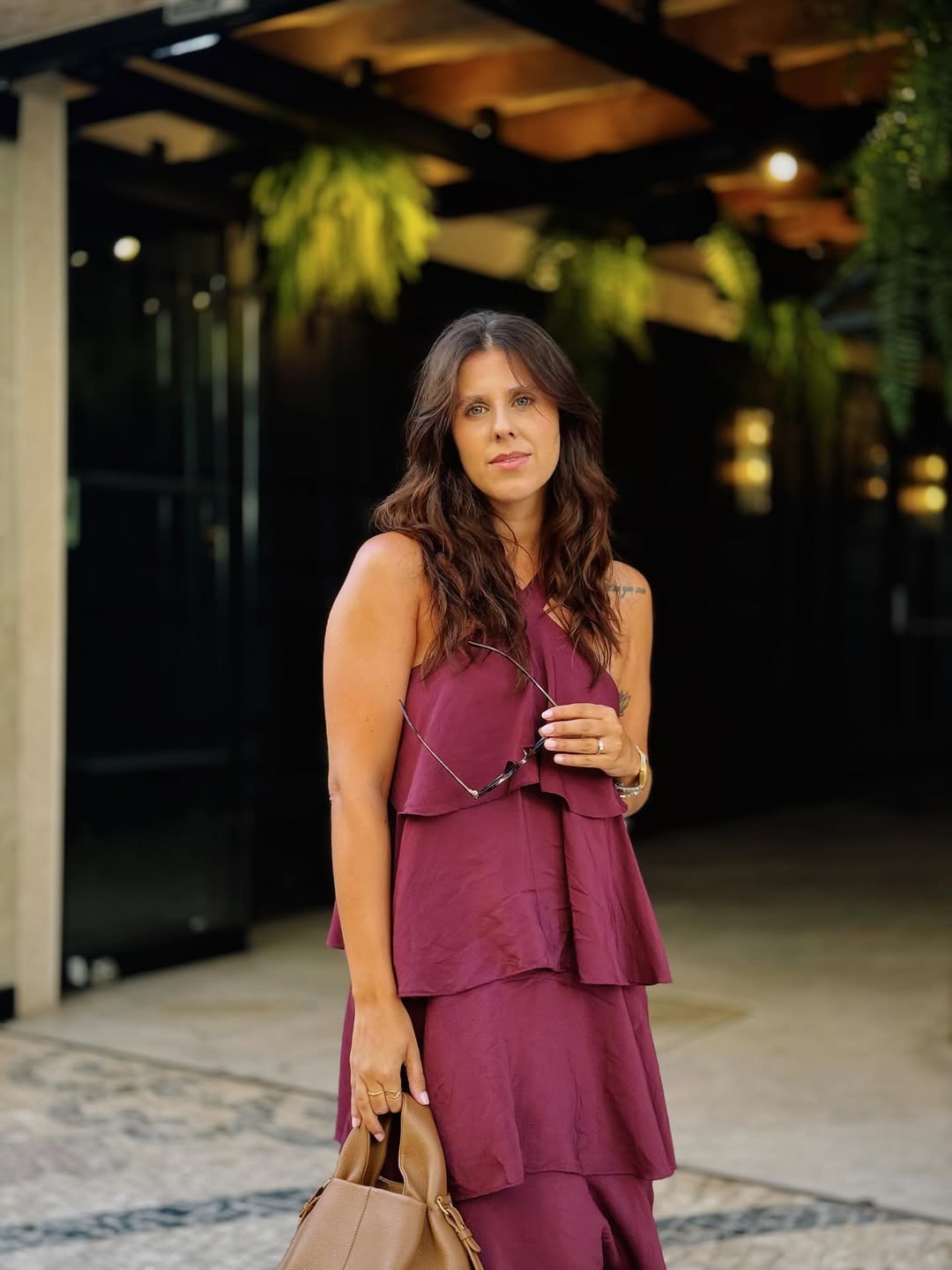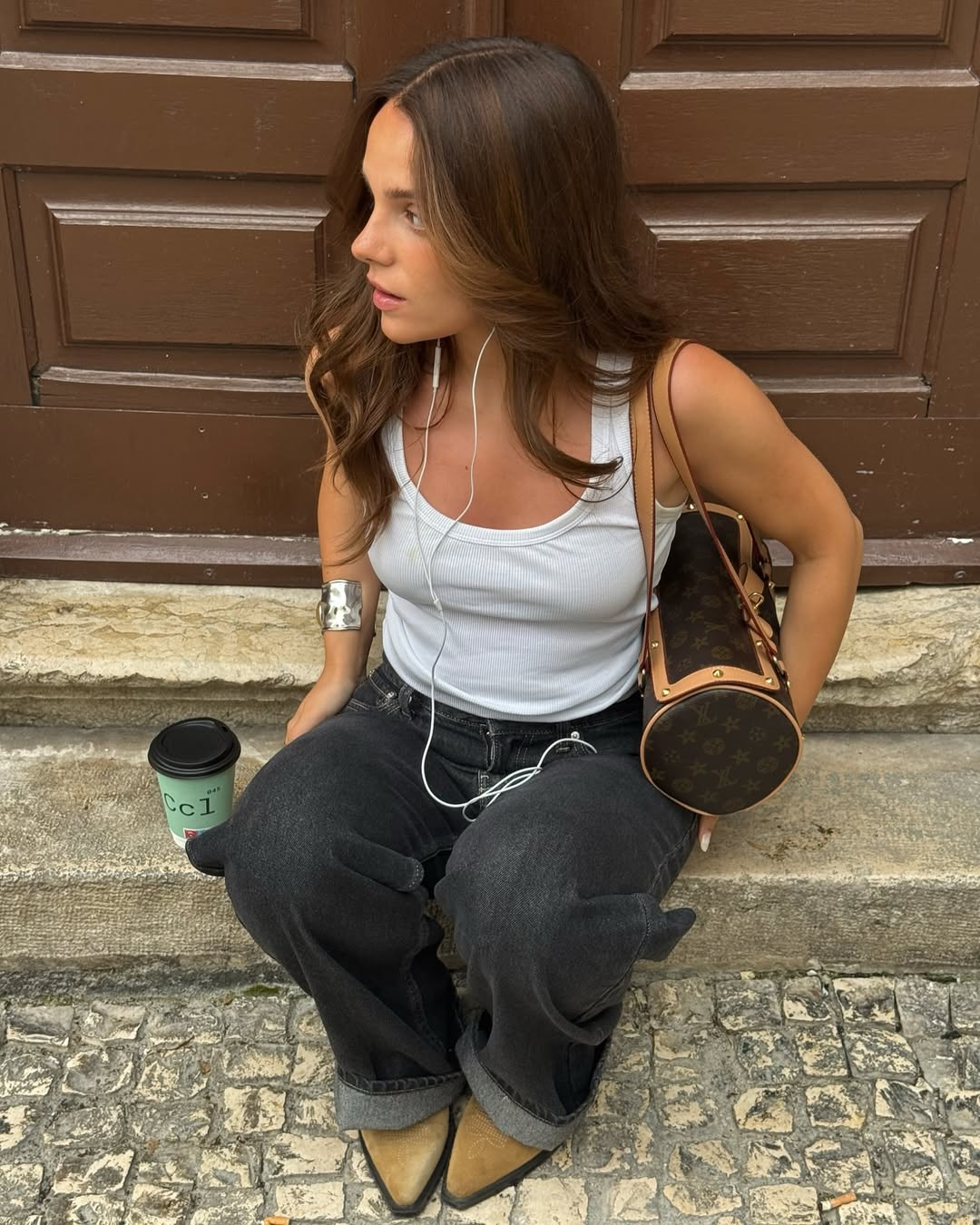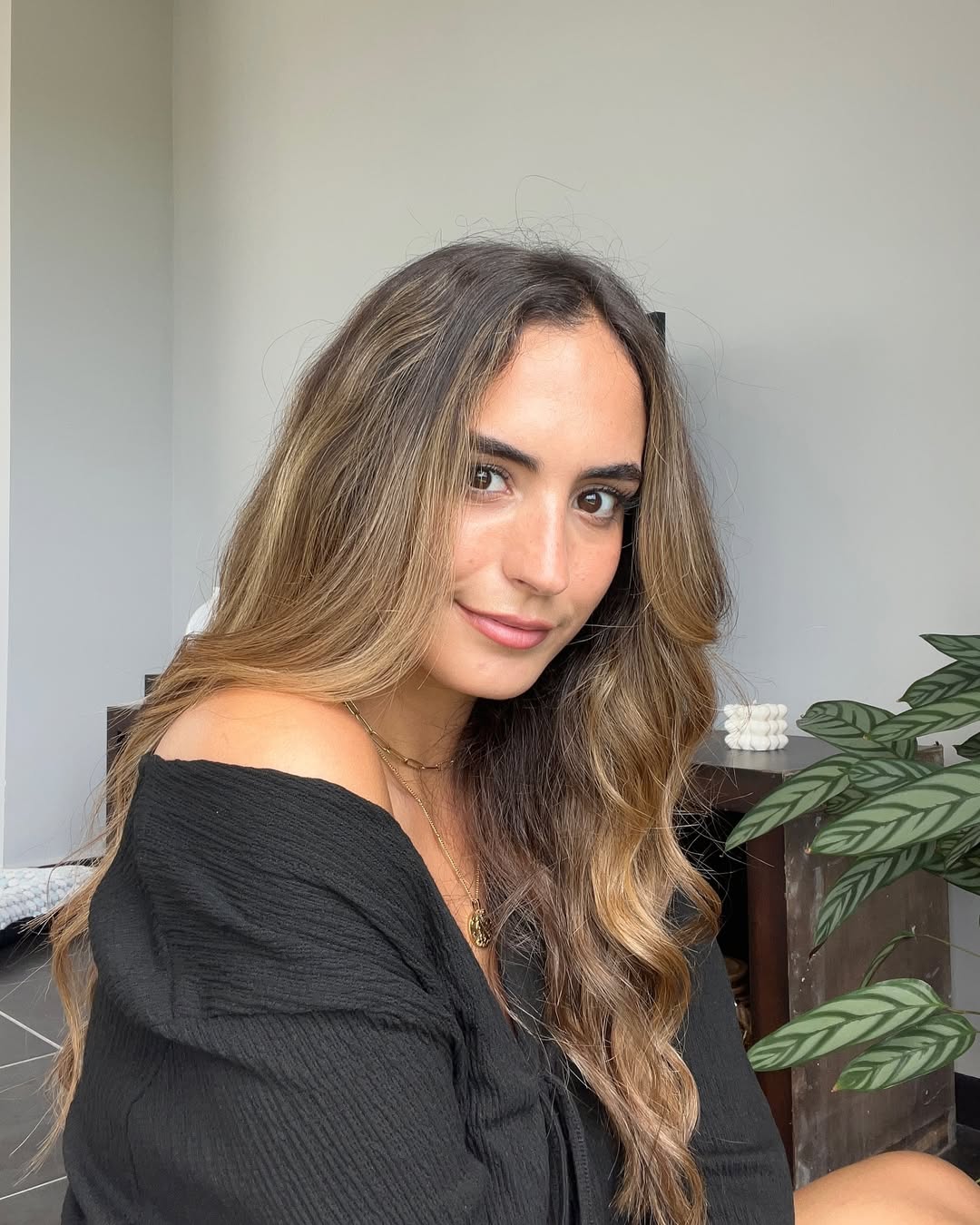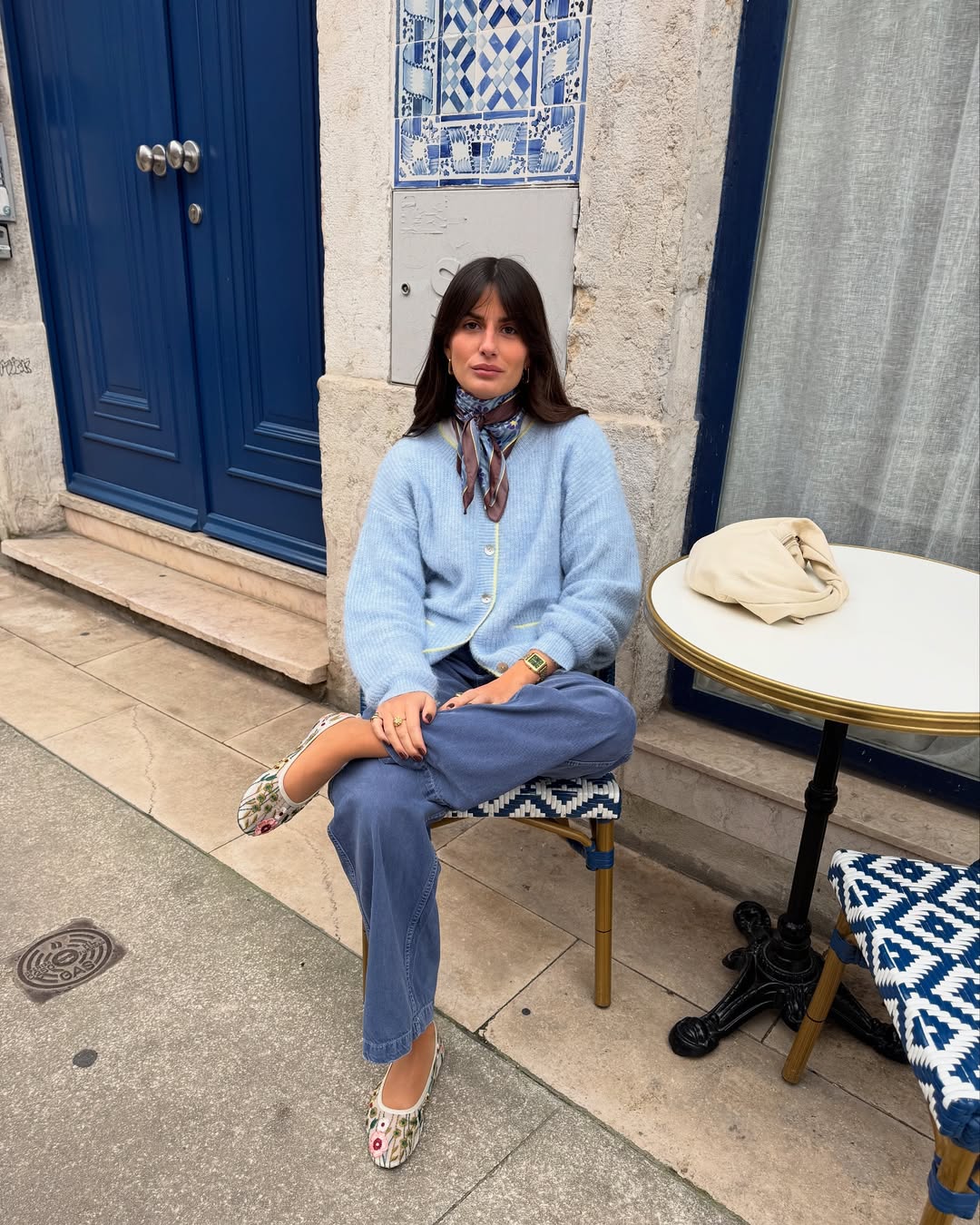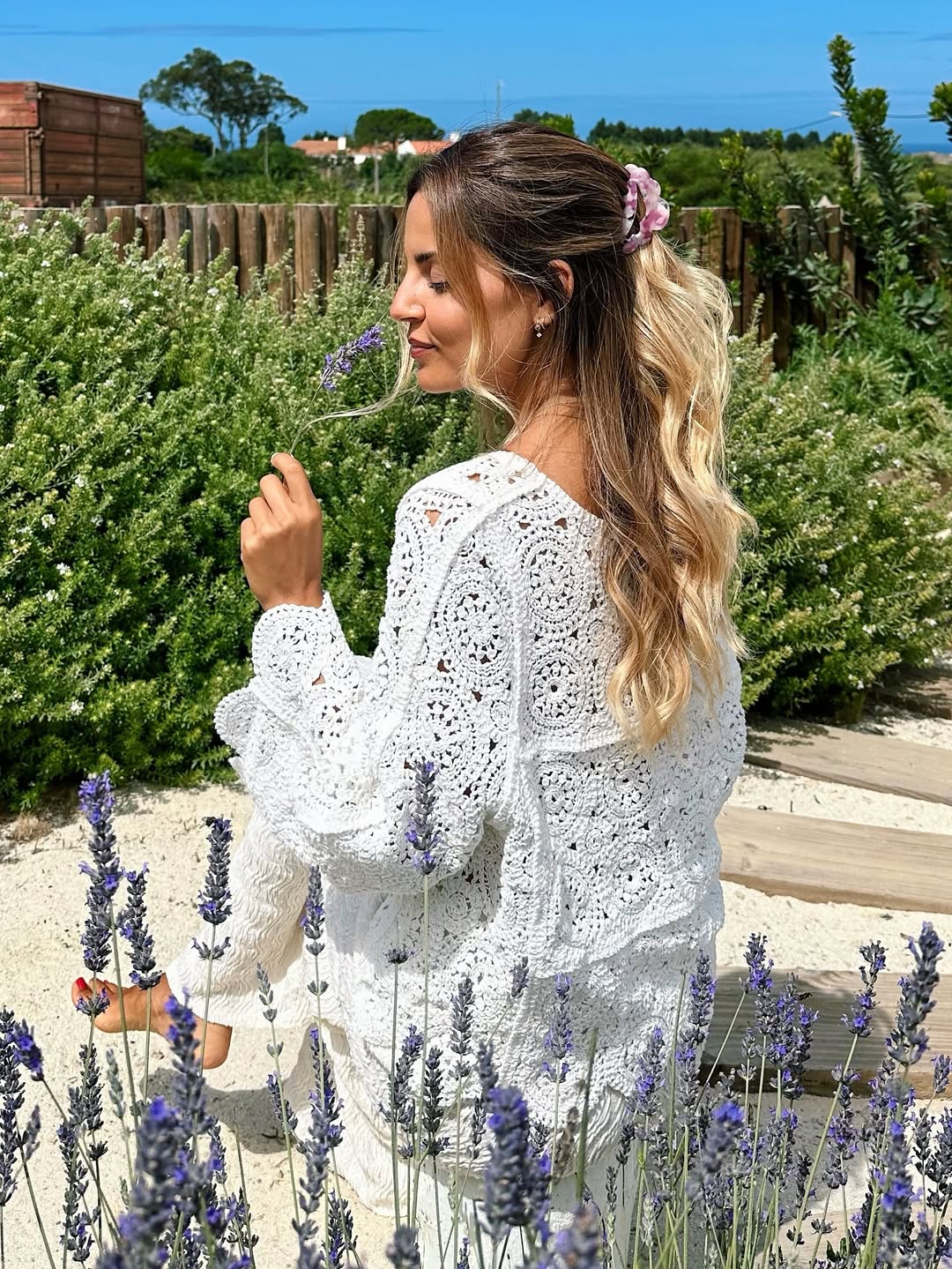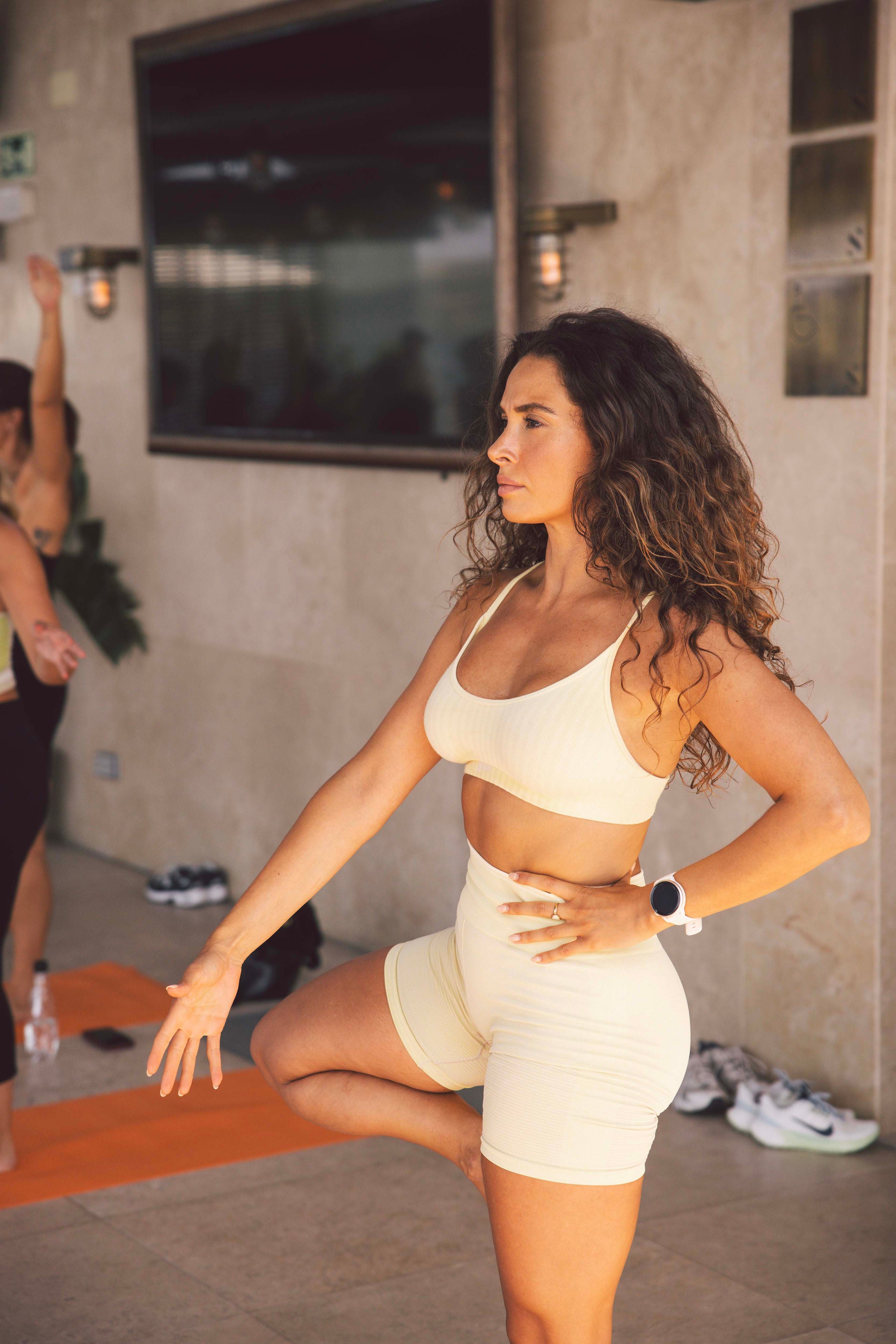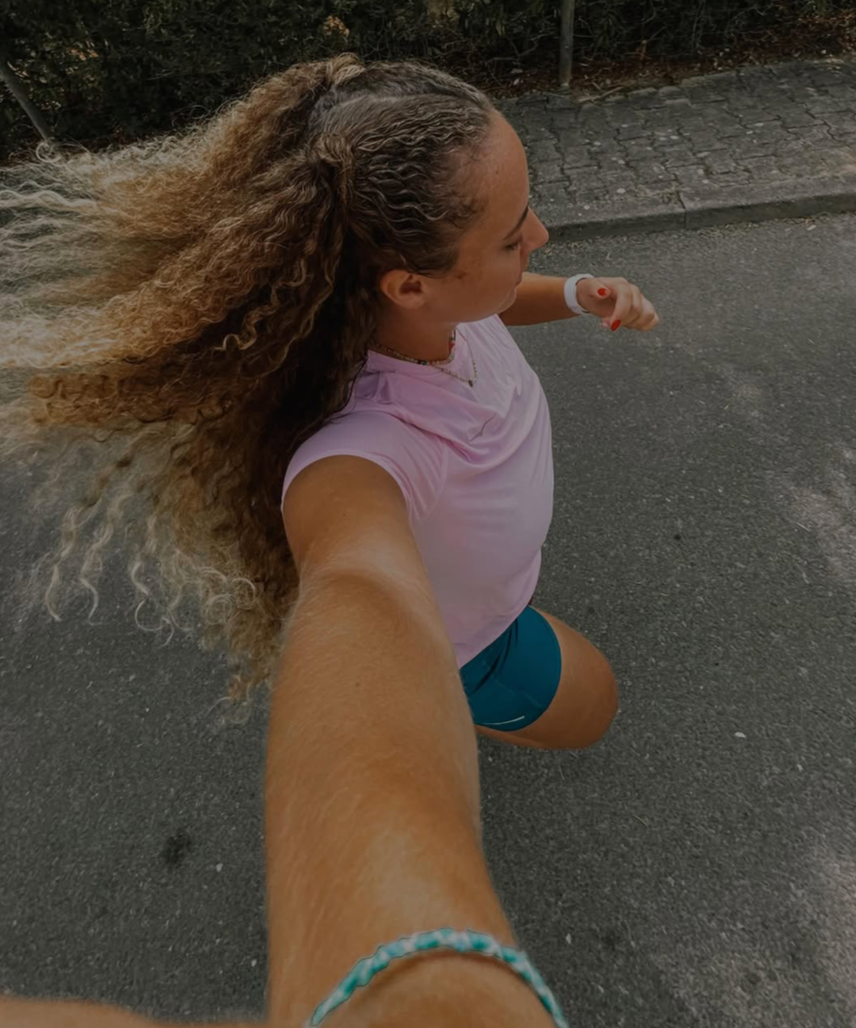When we plan our summer vacation, the sun illuminates our faces with a wide smile that can't be shaken. However, more often than not, when time advances and brings us to the moment to start preparing for this much-deserved period of supposed rest, something happens: anxiety awakens because the stress that comes with it reminds us that, after all, going on vacation can be a tiring or even a bit chaotic time.
The mind, which manages everything, becomes filled with a wide variety of questions and consequent fears. Whether you're going on vacation with your spouse and children, or even if you don't have children but are going with your in-laws, parents, or friends, the worries can be similar: "Will friend X want to stay home instead of going to the beach? Will I be able to share the chores with my husband this time? Will Y get drunk every night again? Will everything work out this time? How will we tolerate my in-laws for so many days?" These are just some of the many internal questions that can invade our minds whenever we go on vacation with a group. Indeed, most of the time, these moments away from our "homeland," which should be filled with joy and relaxation, are not. And when they're over, we're ready to go on vacation again—in the true sense of the word.
However, even if the family or group structure itself is already turbulent and outside advice is of little use, believe me, there are ways to better manage this situation and get closer to what you truly desire and deserve: a peaceful vacation! Therefore, and considering that a certain amount of hustle and bustle can begin during the preparations, here are some of the best mindful tips for better managing this period, which includes before, during, and after the vacation.
Before the Holidays – Reflect and Plan
Reflection phase
It's important to remember the following: if you've booked a vacation with these people, it's because you already know and like them. Or, if you don't really admire them and they're going with you, it's because someone you like—and are going with you—has a connection with them. So, take a deep breath and try to relax right now. It's essential to stay calm right now, so as not to start creating either too much or too little expectation. After all, what's obvious to some may not be to others. That's why communication is crucial in any group task, especially the task of "going on vacation."
Practices to follow : Get used to taking three inhalations and exhalations several times a day, calmly and peacefully, while saying to yourself: "I'm fine, I'm calm, everything's okay ." Also, listen to our podcasts I and II on Frederica's website , or another meditative moment you enjoy. Similarly, focus on self-compassion or compassion meditations like "Tonglen." These exercises help you better manage anxiety, stress , empathy, and tolerance. Relativize. Everyone has a common goal: to have fun and rest. For this reason, it's important, first of all, to schedule a meeting with them so you can discuss how you want to spend these days. This meeting should be held even if you're alone with your partner.
Warning: As much as you might want to, don't use this opportunity to talk about what "happened last year" in a pejorative way. Gather cheerfully and calmly—you could even plan a dinner. Try to be in a good mood and as relaxed as possible, so that your attitude serves as an inspiration to everyone. Explain that this time, you want everyone to have fun and relax, and that there's nothing better than talking now about what they want from the vacation and their expectations, including of each other.
Planning phase
If the group is in harmony ("good spirits"), start talking about yourself. For example: "This year I'd really like to go to the beach every other day. I'd like to alternate between going to the pool. Do you mind? I don't mind at all if they go to that fair they love so much in the evening. I'm happy about that. I'd also like to know if someone, this time, could share the chores with me. It would be great! We'd all be less tired. And you, dear: do you think you could also watch the kids on the afternoons I go to the pool? I'll watch them when I play tennis/golf/ball..."
At this stage, you'll hear feedback on your intervention, so take a deep breath! As you well know, you might hear something like: "But we want to help, and you're the one who won't let us…" or "I've always helped! Don't you remember?" , etc. Before responding defensively, consider: are they even a little bit right? Think for a moment. It can happen, and that's okay. Remember: it's yourselves who go on vacation, not your egos. This conversation isn't meant to turn into a competition with others, or even with yourself. If you think they might even have a little bit of a point, say, for example, something like: "Yes, I probably do that sometimes. I'll try not to. Will you both work to ensure this sharing (or whatever else is intended) ?"
Listen carefully to the expectations of others, even if they're your children, your spouse, or your best friend's annoying friend. Listen actively. Listen, truly and with your heart. Try not to judge or criticize. Channel your energy into helping manage moments, including some task swapping and mutual assistance.
Also, discuss how much money each of you intends (or can) to spend and what you plan to pack and have in your vacation home. Take the opportunity to compliment the guests, highlighting each person's qualities.
During the Holidays – Execute, Deliver & Rest
It goes without saying that, obviously, some of the people who said they'd help more or that "this time" they wouldn't do "that thing" that bothers you so much might not be able to do it the way you want. So don't let your expectations get too high, lest you become depressed or irritated later. Open your heart and relax. Surrender.
Execute phase
On the day you arrive, remind the group (smiling!) of what you agreed to do/have/be on this vacation. It's very important that, right on that day, you try to fulfill what you said you would do so that they see you as an example to follow and will be more motivated to keep their own promises.
Practices to be performed : Continue doing three inhalations and exhalations, several times a day, in a calm and peaceful way, while saying internally: “I am fine, I am calm, everything is fine ”.
Delivery phase
- Tolerate. The cliché "nobody's perfect" is a reality, just as "we can't please everyone" is. Therefore, if you can forgive, forgive. If you can say something kindly instead of angrily, say it. After trying your best, rest, hand the matter over to life, to the universe.
- Free yourself! Besides the obvious things that are linked to health and/or survival, like wearing sunscreen, wearing a hat, staying hydrated, etc., disconnect from what you can. If you can't clean the house, don't; if you can't cook a more elaborate meal, don't.
- Let go of others, what they're doing or being, and focus on what you want from your vacation, enjoying every moment you have. Consider what doesn't go well as a learning experience.
Resting phase
You probably don't even remember what it means to rest. That's normal. After so many months working inside and outside the home and wanting to get everywhere, this can be a very difficult part, even if everything is going well with the group. Important : when you stop, you may find yourself unable to disconnect from what's worrying you and may even feel more depressed or anxious. Here's why: our mind doesn't stop thinking just because it does. Our mind was designed to think and gain knowledge, and it doesn't cease its activity just because we suddenly decide to. Thoughts are a sign that we're alive, and that's a good thing. The brain works by substitution. Therefore, if you don't switch thoughts (focus), there's a zone of the mind called Default Mode , which automatically activates and allows all your worries and anxiety to surface.
So, plan, even if only roughly, what you intend to do in those moments when you might have "nothing to do": read a book, meditate, listen to music, or do something else that distracts you. Appreciating the details of a landscape, as if it were the first time you were seeing everything that makes it up, while breathing in and out slowly, giving thanks for being there, alive, in that moment, can be very helpful.
Remember: generally speaking, you always do the best you can, every day of your life. Sometimes that best may not be what you intended. You deserve and need rest. So, allow yourself to do so, without tension or guilt. Repeat this phrase as many times as necessary: " I allow myself to rest. I deserve it!" If you don't take good care of yourself, no one will do it for you.
After the Holidays – Reflect & Change
Reflection phase
During this time, it's important to continue relaxing at home. Even if you start work immediately, whether inside or outside the home, don't let the holiday spirit suddenly disappear. Continue doing your chores as calmly as possible. Try not to focus solely on what went less well. I'm sure you had peaceful moments (however few they may have been) and even fun ones. Remember them and smile, relive them in your heart, and incorporate them into your routine for the rest of the year, whenever possible.
As for the less positive aspects, ask yourself: " Could I have done something differently to avoid that situation?" If yes, apply what you learned next time. If not, relax and try to forget why it wasn't possible at that moment. Remember, you're human.
Change phase
Start resting more and applying everything you know you need to achieve greater balance. There's no point reading books or watching self-help videos if you don't start practicing. So, start exercising now (walking counts!) and trying practices like yoga , mindfulness , reiki , etc. Gain strength so that next year you can say, "No, I don't want to go on vacation with you." But until then, have fun and love yourself.
This article was originally published in Frederica Magazine No. 1.
Vanda do Nascimento is a therapist, coach, and mindfulness instructor at the Escola de Mindfulness Essencial , which she founded in 2016. She began her career as a teacher in 1997, graduating with a degree in Pedagogy. Around the same time, she also began studying Reiki, Meditation, and Mindfulness. She later pursued psychology and delved deeper into mindfulness to continue her struggle to manage stress and anxiety.




